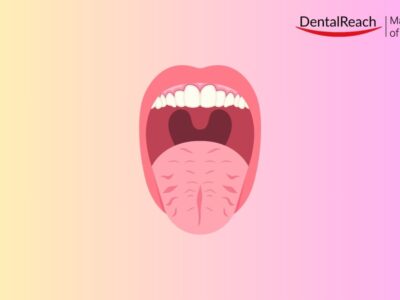Exclusive breastfeeding for the first six months of a child's life has been found to be linked to a lower risk of dental disease, according to research presented at the virtual American Public Health Association Annual Meeting and Expo. The study examined 24,655 children aged between 6 months to 5 years and found that those who were exclusively breastfed for 6 months were 28% less likely to have dental tooth decay, cavities, or toothaches than those who were never breastfed. This finding can have significant implications for clinical practice, as stated by Nastocia Bafford, MPH, a fellow at Nemours Children's Health System.
The Benefits of Breastfeeding for Children's Health
Breastfeeding has long been known to provide numerous health benefits to infants, such as building a strong immune system, reducing the risk of childhood diseases, and promoting healthy growth and development. Research has also shown that breast milk contains immunoglobulin M and immunoglobulin G, which can protect against bacterial and viral infections, including those that cause dental diseases.
Study on exclusive breastfeeding and dental health
In the study, Bafford and her colleagues found that the overall prevalence of dental tooth decay, cavities, and toothaches was 9% among the children surveyed. The occurrence of dental disease was higher among children who were never breastfed (12.3%) and those with public health insurance (14.3%). However, children who were breastfed exclusively for 6 months were found to be 28% less likely to have dental tooth decay, cavities, or toothaches than children who were never breastfed.
The importance of promoting exclusive breastfeeding
While the association between breastfeeding and dental health did not persist after adjusting for various confounders, such as the child's age, sex, race/ethnicity, family income, and maternal education, the findings still emphasize the importance of promoting exclusive breastfeeding to new mothers. As Bafford stated, if clinical practitioners emphasize the numerous benefits of breastfeeding, it could possibly help decrease doctor and dental visits, which could be beneficial to both children and their families.




















Comments